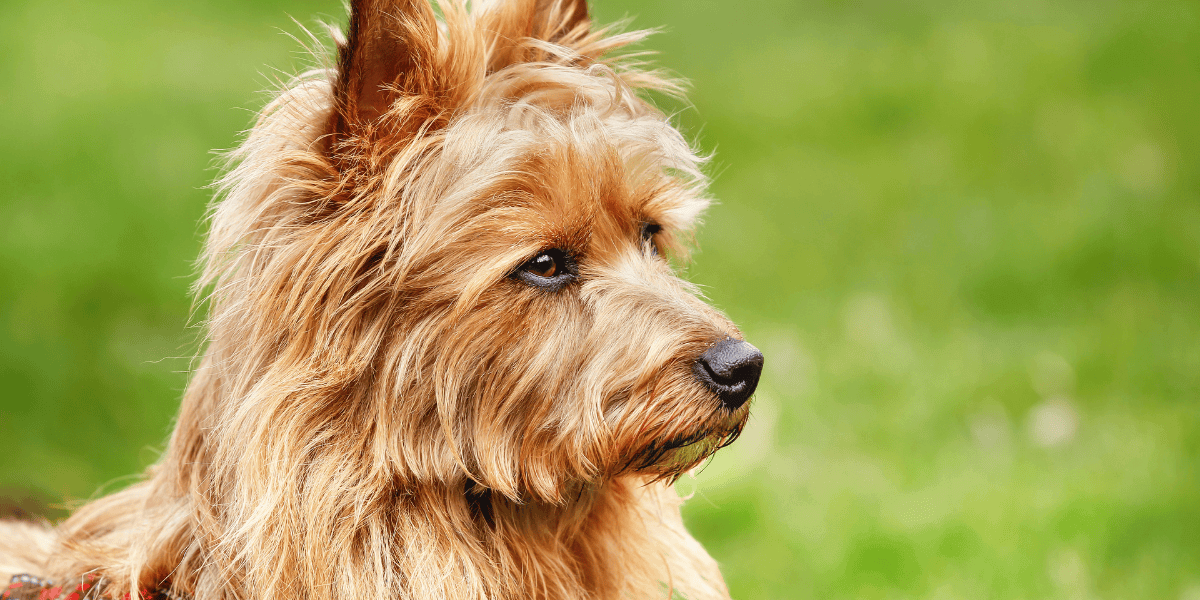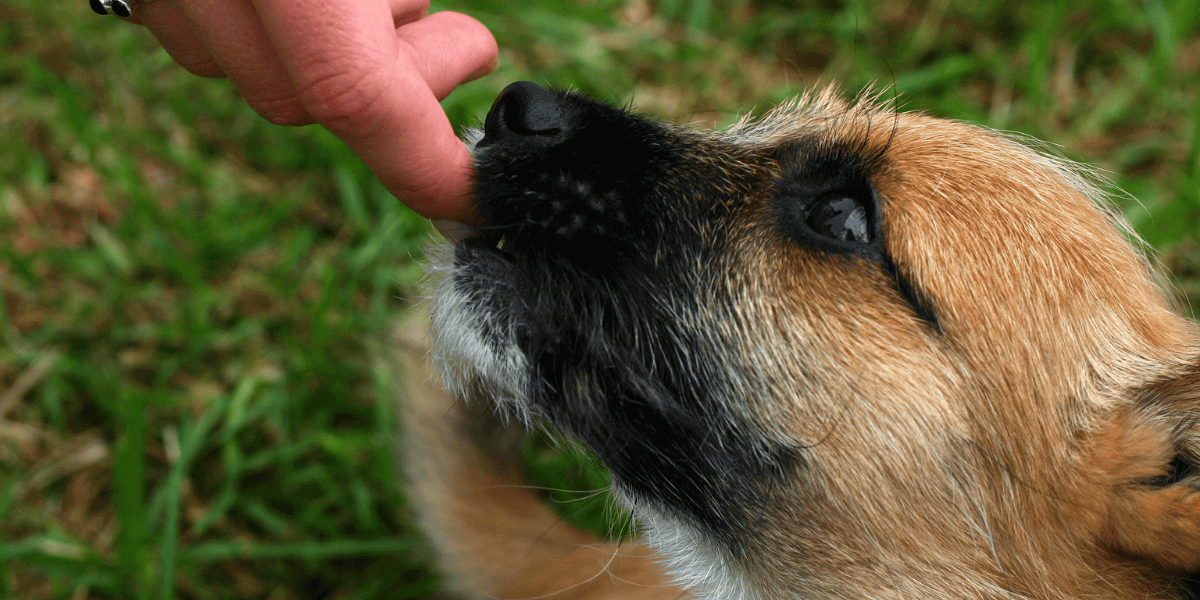Introduction
The best diet for Australian Terrier supports their health, energy, and overall well-being.
- Proper nutrition supports their energy levels and overall well-being
- Australian Terriers are small, active dogs that require specific dietary needs
- This guide will cover the best diet tips for Australian Terriers
- Learn about the ideal foods, supplements, and feeding routines for your dog
- Keep your Australian Terrier at its best with these nutrition recommendations
1. Protein Requirements

Australian Terriers need high-quality protein for energy and muscle maintenance.
- Animal Proteins: Chicken, beef, and fish are excellent protein sources
- Protein Amount: Ensure protein makes up 25% to 30% of the diet
- Meat-based Diet: Prioritize whole meats over by-products
- Lean Proteins: Opt for lean cuts to prevent excess fat consumption
- Fish Benefits: Salmon and sardines offer omega-3 fatty acids
- Eggs: An excellent additional protein source for dogs
- Balanced Diet: Ensure a balance of proteins for overall health
- Veterinarian Advice: Consult your vet for specific protein needs
2. Healthy Fats

The best diet for Australian Terrier includes essential healthy fats for energy and coat health.
- Omega-3 Fats: Supports healthy skin and a shiny coat
- Sources: Fish oil, flaxseed, and chicken fat are common healthy fats
- Fat Percentage: Aim for 10% to 15% fat in their daily diet
- Balance: Avoid too much fat to prevent weight gain
- Energy: Fats are a vital energy source for active Australian Terriers
- Supplements: Fish oil supplements are great for skin health
- Monitor Weight: Ensure your dog maintains a healthy weight
- Veterinary Input: Ask your vet about adding healthy fats to the diet
3. Carbohydrates

Carbohydrates provide energy and support digestion in your Australian Terrier.
- Whole Grains: Brown rice and oatmeal are great carb sources
- Avoid Fillers: Steer clear of foods with excessive corn or soy
- Digestible Carbs: Sweet potatoes and peas provide digestible energy
- Fiber: Carbohydrates rich in fiber help with digestion
- Balanced Carbs: Ensure carbs make up 30% to 40% of the diet
- Energy Source: Carbs provide a steady source of energy
- Moderation: Don't overfeed carbs to avoid weight gain
- Grain-Free: Consult your vet if considering a grain-free diet
4. Vitamins and Minerals

The best diet for Australian Terrier includes essential vitamins and minerals for overall health.
- Vitamin A: Essential for eye and skin health
- Vitamin E: Promotes a healthy immune system
- Calcium: Supports strong bones and teeth
- Iron: Helps maintain healthy red blood cells
- Balanced Intake: Ensure a mix of vitamins and minerals in the diet
- Whole Foods: Use whole food sources like vegetables and fruits
- Supplements: Consider supplements if needed for deficiencies
- Vet Guidance: Consult your vet for proper vitamin levels
Discover top supplements to enhance your Australian Terrier's health in our Guide to Great Danes Nutrition.
5. Water Intake

Proper hydration is crucial for your Australian Terrier's overall health.
- Fresh Water: Always provide fresh, clean water for your dog
- Daily Hydration: Ensure your dog drinks water throughout the day
- Water Bowl: Keep a full water bowl accessible at all times
- Hydration Needs: Water intake may vary based on activity levels
- Wet Food: Wet food can help increase water intake for picky drinkers
- Monitor Consumption: Watch for signs of dehydration
- Electrolytes: In hot weather, electrolytes may help keep your dog hydrated
- Hydration Importance: Proper hydration aids digestion and energy levels
6. Portion Control

Proper portion control prevents overeating and maintains a healthy weight.
- Portion Size: Base portions on weight and activity levels
- Measure Food: Use a measuring cup for accurate portioning
- Feeding Schedule: Feed your dog at consistent times daily
- Prevent Obesity: Overfeeding can lead to weight gain and health issues
- Split Meals: Divide daily portions into two or three smaller meals
- Avoid Free Feeding: Stick to scheduled meals to prevent overeating
- Monitor Weight: Adjust portions if your dog gains or loses weight
- Vet Advice: Ask your vet for specific portion recommendations
Learn portion control strategies to keep your Australian Terrier fit in our Great Dane Puppy care guide.
7. Food Allergies

The Best Diet for Australian Terrier helps manage and prevent food allergies.
- Common Allergens: Wheat, corn, and certain proteins can trigger allergies
- Symptoms: Watch for itching, digestive issues, or ear infections
- Elimination Diet: Eliminate potential allergens to identify the cause
- Hypoallergenic Food: Choose hypoallergenic dog food if needed
- Consult a Vet: Your vet can help diagnose and treat food allergies
- Novel Proteins: Consider switching to proteins like lamb or duck
- Monitor Reactions: Track changes in behavior or symptoms after diet changes
- Allergy Management: Proper diet helps manage and prevent allergic reactions
Understand and manage food allergies in your Australian Terrier with insights from German Shepherd health issues.
FAQs
1. What does the best diet for Australian Terrier include?
- It includes high-quality proteins, healthy fats, and digestible carbohydrates
2. How much fat should be in an Australian Terrier's diet?
- Aim for 10% to 15% healthy fats like fish oil or chicken fat
3. Are carbohydrates important in an Australian Terrier's diet?
- Yes, they provide energy and support digestion with fiber-rich carbs
4. Should I consider grain-free food for my Australian Terrier?
- Consult your vet to determine if grain-free food is necessary
5. How do I know if my Australian Terrier has a food allergy?
- Look for symptoms like itching, ear infections, or digestive issues
6. What are good treats for Australian Terriers?
- Opt for low-calorie, natural treats made from whole ingredients
7. Can I switch between homemade and commercial dog food?
- Yes, but ensure both options meet your dog's nutritional needs
Conclusion
- The best diet for Australian Terrier ensures a healthy, happy, and energetic companion.
- Prioritize high-quality proteins, healthy fats, and digestible carbs
- Make sure your dog has access to fresh water at all times
- Monitor portion sizes and avoid overfeeding to prevent obesity
- Address any food allergies with the help of your vet
- Stick to a consistent feeding routine for optimal health
- Feed your Australian Terrier with love and care for long-lasting wellness




